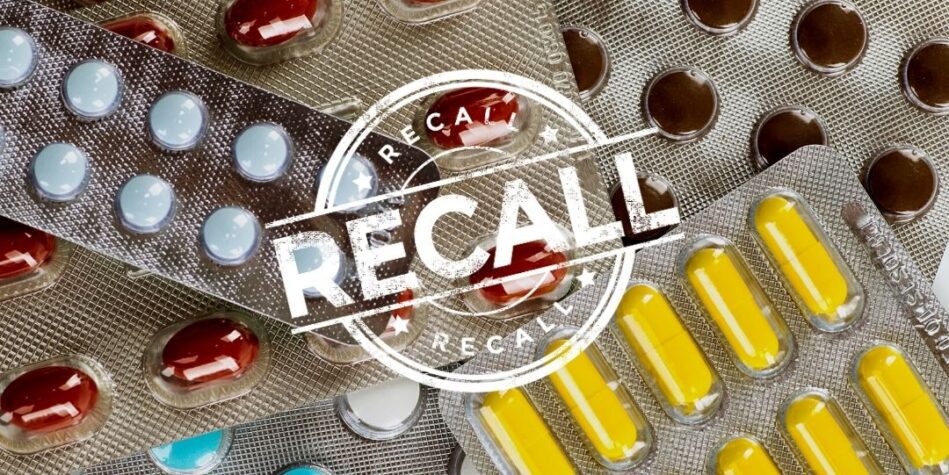Food and drug recalls are far more common than you might think. The big ones — those most likely to be dangerous or affect large groups of people — are reported in the media. However, there are other, less-serious, recalls almost weekly. Among those recall reasons are incorrect labeling or bacterial contamination.
When it comes to drugs, the Food and Drug Administration (FDA) does not have the power to recall a product. It’s the manufacturer that is responsible for doing so. However, the FDA can ask a drugmaker to recall a product, a request that the company generally complies with.
If there isn’t a massive media push like there sometimes is for E. coli-infected-lettuce, for example, how do you find out if there’s anything wrong with a drug you take or food you eat? If a drug recall poses a risk to your health, your pharmacy or healthcare provider will likely call you directly to let you know and help you find an alternative. If you would like to keep an eye on food and drug recalls, here are ways to find out about them.
The FDA regularly announces recalls on its website and Twitter and through email, if you have signed up for alerts.
You can search the list of recently recalled drugs on the FDA website here.
The FDA’s MedWatch group — sign up here— sends out email alerts. View, search or sign up for alerts about weekly enforcement reports, which may provide more details, here.
On Twitter, follow FDA MedWatch for news on medicines and FDA Recalls for the latest about foods, medicines and other products. Below is an example of a safety alert from early February.
Xeljanz, Xeljanz XR (tofacitinib): Drug Safety Communication – Initial Safety Trial Results Find Increased Risk of Serious Heart-related Problems and Cancer with Arthritis and Ulcerative Colitis Medicine https://t.co/IEjAd2mUwR pic.twitter.com/8APwE8BSy0
— US FDA MedWatch (@FDAMedWatch) February 4, 2021
What to Do If a Drug You Take Is Recalled
First, do not stop taking the drug right away, because it can be dangerous to do so, but do call your pharmacist or healthcare provider immediately. Depending on the drug, you may need a replacement.
Recalls are categorized into three different classes, depending on how hazardous the defect may be to a person’s health.
Class 1: This category is reserved for the most serious recalls, such as those that occur because contamination poses an immediate risk to a person’s health or life or both.
Class 2: This one is less severe than Class 1. However, recalls that fall within this class still pose a risk, usually temporary, to a person’s health.
Class 3: Your healthcare provider or pharmacist is unlikely to alert you to a Class 3 recall. This designation could mean that the drug was labeled incorrectly or there was a manufacturing problem that is not expected to damage your health. For example, a drug with an incorrect expiration date printed on the bottle may be recalled.
If your drug is recalled — particularly if you learn it is a class 1 or 2 recall — contact your pharmacist or healthcare provider and ask them for your next steps. They may tell you that you should stop taking the drug immediately or they may suggest that you continue taking it until the pharmacy can provide a suitable replacement.






